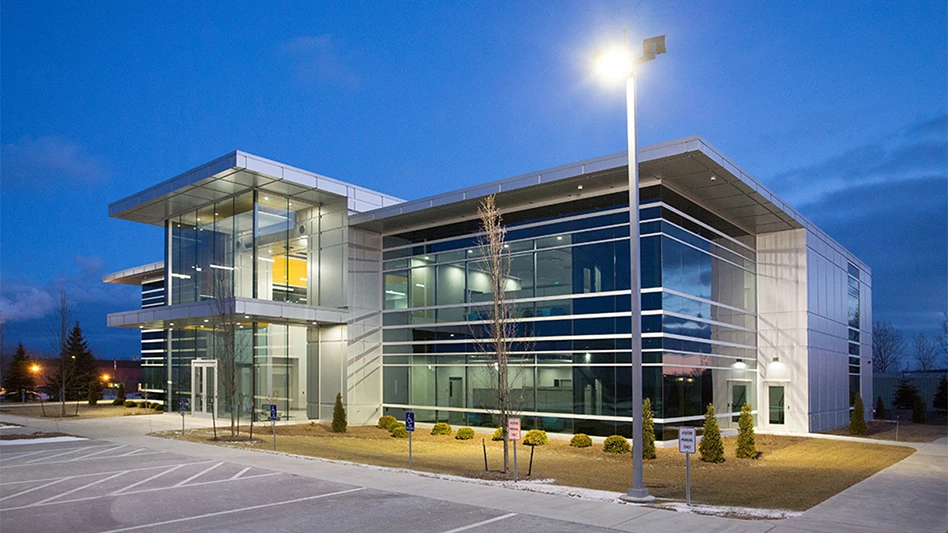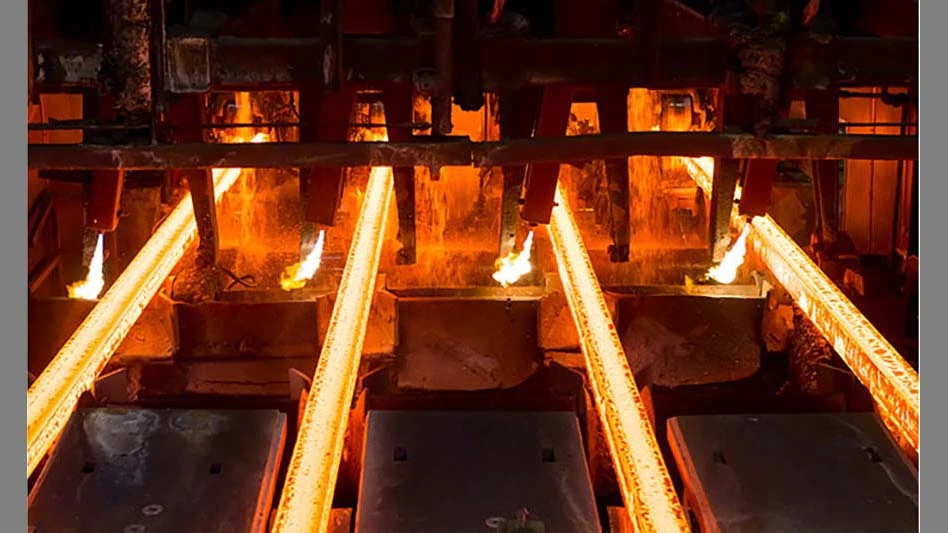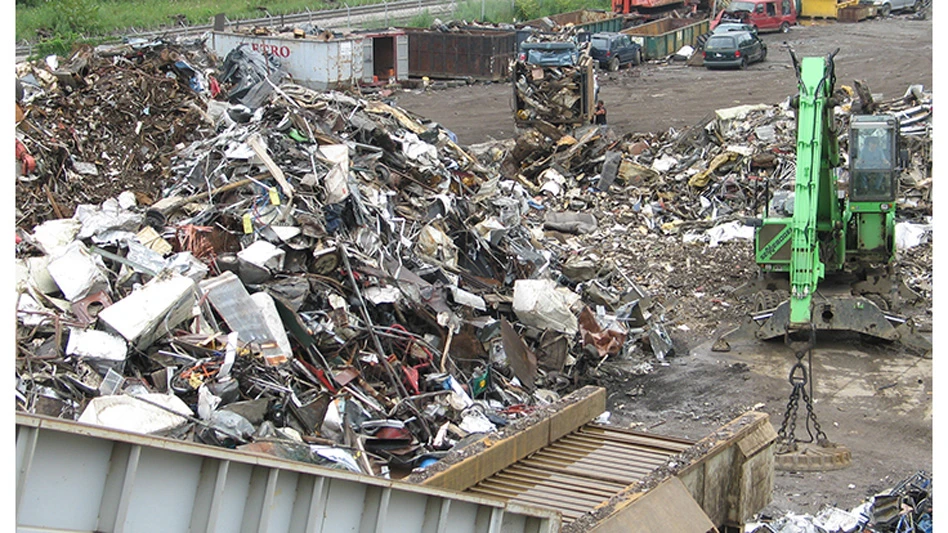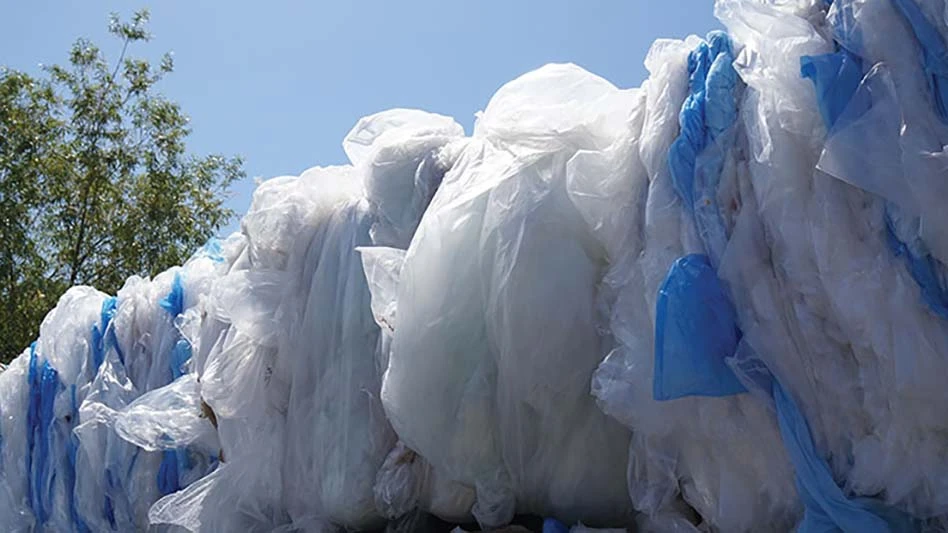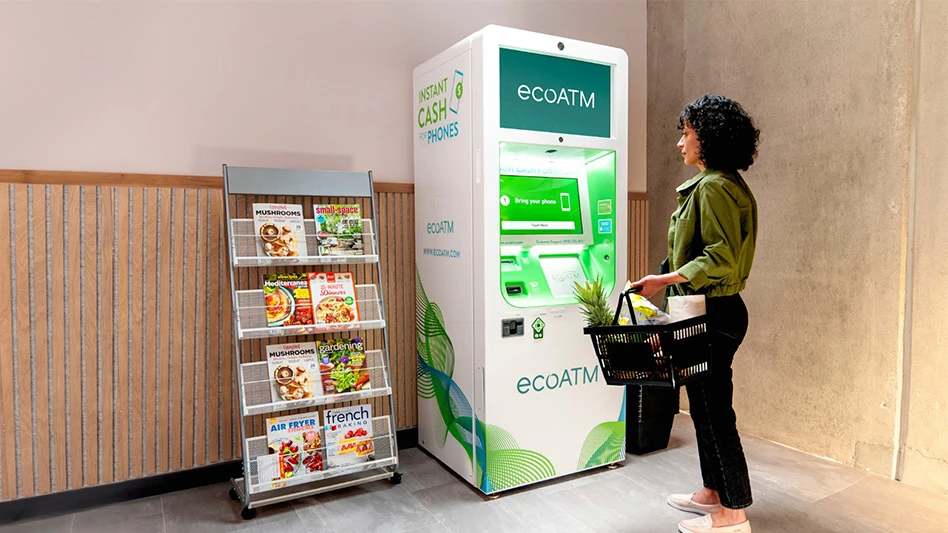
Photo provided by Sesotec GmbH.
Schönberg, Germany-based Sesotec GmbH says its equipment is helping MultiPet GmbH, a subsidiary of France-based Veolia that operates in Germany, in its efforts to process discarded polyethylene terephthalate (PET) bottles and trays into recycled-content PET flakes “that are pure enough to be used by plastic processors to create new products and containers.”
“With the rise in consumption of raw materials, plastic processors are facing higher political and social demands to use a greater proportion of recycled materials,” states Sesotec. The firm says companies such as MultiPet and its sister company Multiport, which specializes in making high-density polyethylene (HDPE) compounds from packaging scrap, are growing in importance as suppliers of secondary raw materials for the plastics processing industry.
MultiPet receives bales of presorted PET scrap. After the bales are broken up, the plastic is first checked for impurities and then ground into flakes and washed.
The Sesotec Flake Purifier+ multi-sensor sorting systems from Sesotec come into play at MultiPet after the ground material has undergone a two-stage density separation process involving two rounds of hot washing. At this stage, the sorting systems separate “discolored materials, foreign plastics” and metals from the flakes.
The units are designed especially for use in plastic flake processing and are “characterized above all by ease of operation and heightened throughput capacities,” according to Sesotec.
The MultiPet Flake Purifier+ systems are equipped with multiple sensors for color and material recognition. The design enables MultiPet to produce PET flakes in batches of different colors and qualities for use as raw materials in the plastics processing industry.
“Sesotec’s processing technology enables us to keep the loss of good material to a minimum,” says Herbert Snell, managing director of MultiPet GmbH. “This makes our sorting processes even more efficient.“
For the installation, Sesotec says its delivery “was complemented by a turnkey material handling setup that included steelwork platforms and material conveyance systems, simplifying integration into the overall system.”
Sesotec describes itself as a maker of machines and systems for contaminant detection and material sorting, with a focus on the plastics, recycling, food, chemical and pharmaceutical industries. Sesotec has subsidiaries in Canada, China, India, Italy, Singapore, Thailand and the United States, combined employing some 540 people.
Latest from Recycling Today
- 2026 Circular Steel Summit: The supplier relationship
- Premier expands national rental fleet
- Amcor says Q2 performance in line with ’26 expectations
- Aduro Clean Technologies achieves operational milestone for NGP pilot plant
- USPP outlines ways to advance film and flexible packaging circularity
- Fires, tariffs reduce Novelis’ earnings
- Murphy Tractor partners with Humdinger Equipment
- Shapiro announces promotion

